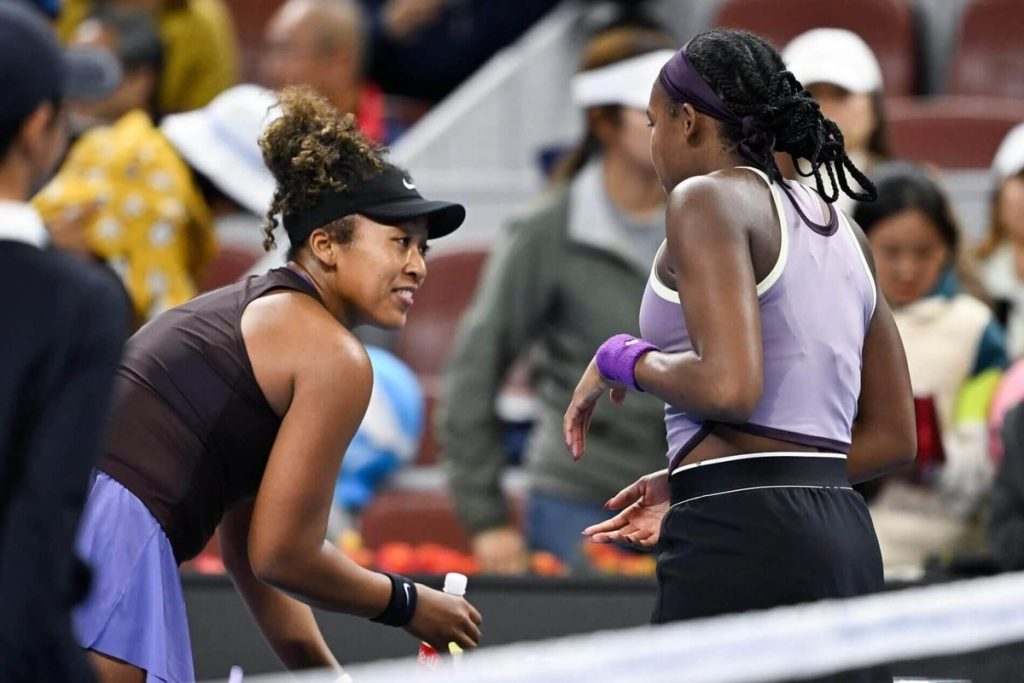The ‘other guy’ theory in sports posits that teams often change coaching styles after continuous losses. This trend of alternating between laid-back ‘players’ coaches and stern disciplinarians, or between strategic and emotional coaches, is also seen in individual sports like tennis. Coco Gauff and Naomi Osaka recently made coaching changes. Gauff parted ways with the charismatic Brad Gilbert and hired little-known grip specialist Matt Daly, already noticing improvements in her technique. Osaka, on the other hand, moved on from Wim Fissette to hire Patrick Mouratoglou, the former coach of Serena Williams.
Gauff released Gilbert after early eliminations from the U.S. Open and other significant tournaments. Gilbert, known for his comprehensive theory of tennis termed ‘Winning Ugly,’ was initially hired to cover up Gauff’s technical weaknesses. However, superior opponents learned to counter these strategies, leading Gauff to seek a new coaching approach. Daly, a former player and coach, specializes in grip techniques, an area Gauff needs to improve. Despite some initial improvement, Gauff still has work to do and knows that adjustments might take time to reflect in her performance stats.
Osaka, parallelly, has been battling more than the technicalities of the game. Her confidence, usually sky-high during her peak performance days, has been impacted by consecutive losses. Fissette, renown for his strategic approach to the game, was unable to help Osaka regain her confidence. Consequently, she shifted to Mouratoglou, known for his motivational capabilities and experience coaching Williams.
Mouratoglou, though initially an overwhelming persona for Osaka, has managed to make a good impression on the athlete. Osaka prioritizes rekindling belief in herself and finding quick results, hence her choosing Mouratoglou as a coach. The Frenchman’s magnetic personality and motivational abilities play a role in Osaka’s decision, as she aims to return to her top form by January’s Australian Open.
Their relationship kicked off on a positive note, with Osaka managing to make a come-back from a lost set after two years. However, a back injury during a match with Gauff stalled their progress. The incident underlined how even exceptional coaching can do little in the face of an athlete’s injury. Nonetheless, Osaka remains hopeful and considers the decision to switch to Mouratoglou worthwhile.
In essence, Gauff and Osaka’s coaching changes embody the ‘other guy’ theory. Their desire to derive different approaches and abilities from their new coaches illustrates how their needs have evolved since their previous coaching experiences. Ultimately, both decisions were spurred by the desire to improve performance, rectify earlier mistakes, and adapt to the evolving competitive landscape of tennis.


